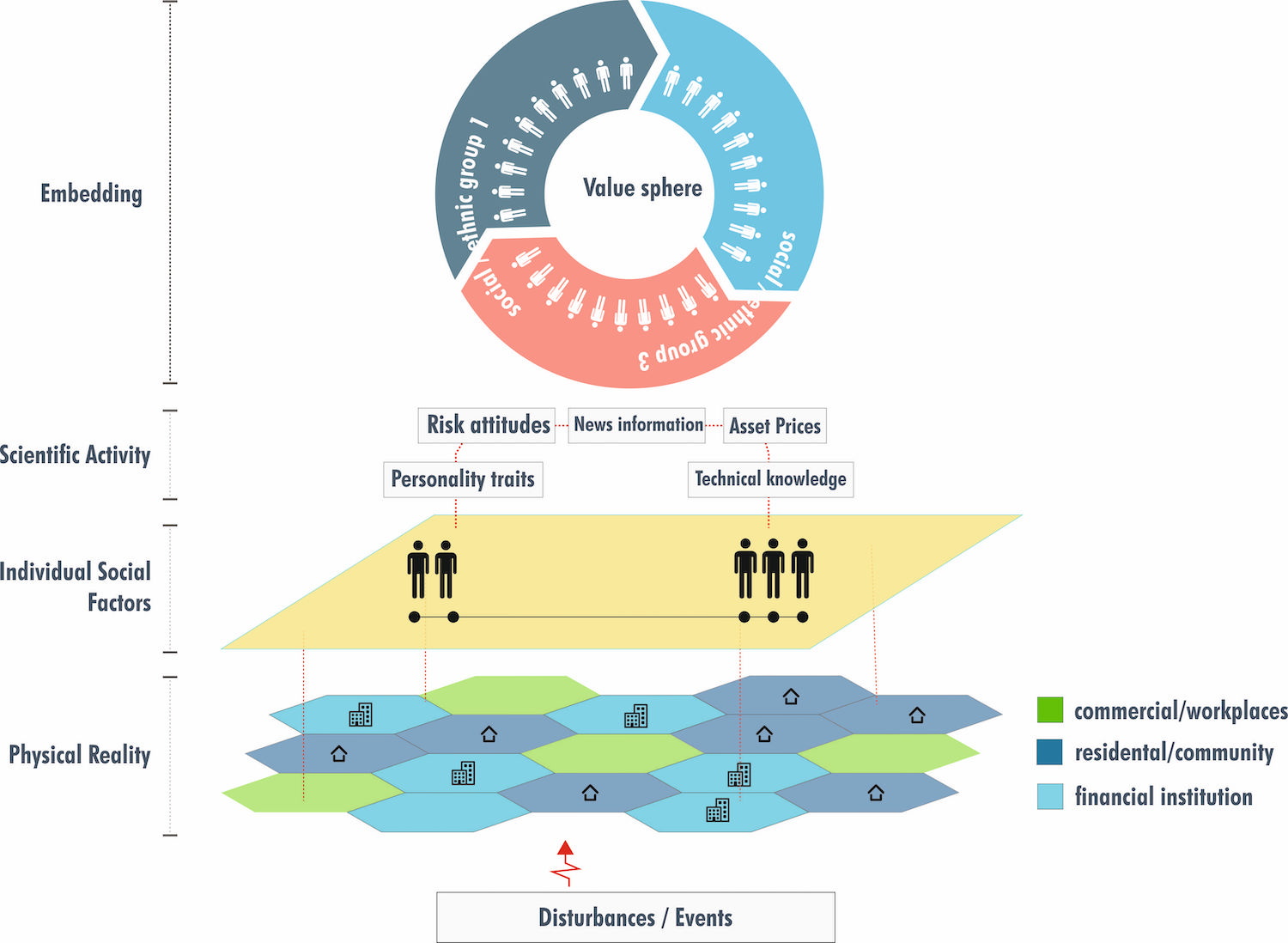Interactions with New Technology & Financial Systems

Uncovering the impact of new technologies on financial systems resilience through behavioural studies
Highly urbanised and digitalised societies are complex social systems in which information dissemination, financial services, and new technologies are strongly linked with each other. Hazards stemming from new technologies are often linked to unknown, uncertain, and novel ventures.
To improve the ability of a society to adapt to financial hazards involving multiple unknown consequences, we need to identify the psychological traits of persons who could be victims of hazards, who could anticipate hazards, or who could be the source of events such as frauds. This module will link individual traits with investment behaviour, focussing on how individuals understand new technologies and the associated risks.
This module will combine survey, experimental and data analytics methods, starting with a national and international survey to elicit a layperson’s knowledge, attitude and beliefs about new technologies, as well as the individual’s personality traits.
The team will apply big data, cognitive modelling, statistical analysis and agent-based simulation techniques for eliciting behavioural insights from the collected data and cluster the society based on psychological traits in order to better predict behaviour.

Expected outcomes
- Identify risks due to the ambiguity and uncertainty associated with new technologies and the complexity that they introduce into social systems
- Develop a policy framework for mitigating the risks stemming from new technologies that considers individual and cultural differences
- Conduct case studies to assess new financial assets, financial technologies (FinTech), and technology-driven infrastructure with respect to human response and behaviour
